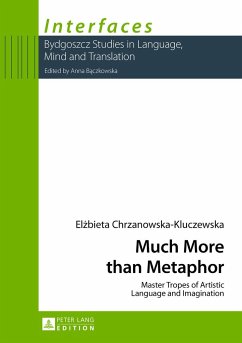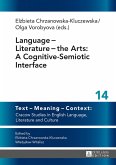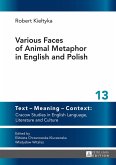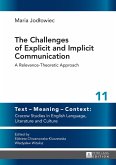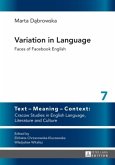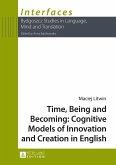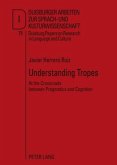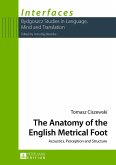The monograph argues for a return to a more fine-grained repertoire of tropes than the limiting analyses focused on metaphor or on the metaphor-metonymy duet. A list of ten master tropes is proposed, not only as candidates for tropological universals but also important text-forming strategies and a reflection of artistic imagination. The author presents a three-layered model of their organization into micro-, macro- and mega-/metatropes that partake in the construal of tropological space and figurative worlds. The book brings together Anglo-American and French-language philosophy of rhetoric, cognitive studies, and a tradition of Russian formalistic-semiotic research. It straddles the boundary between linguistic and literary stylistics as well as between post-structural and cognitive poetics, pointing also to an interdisciplinary nature of tropes.
Bitte wählen Sie Ihr Anliegen aus.
Rechnungen
Retourenschein anfordern
Bestellstatus
Storno

